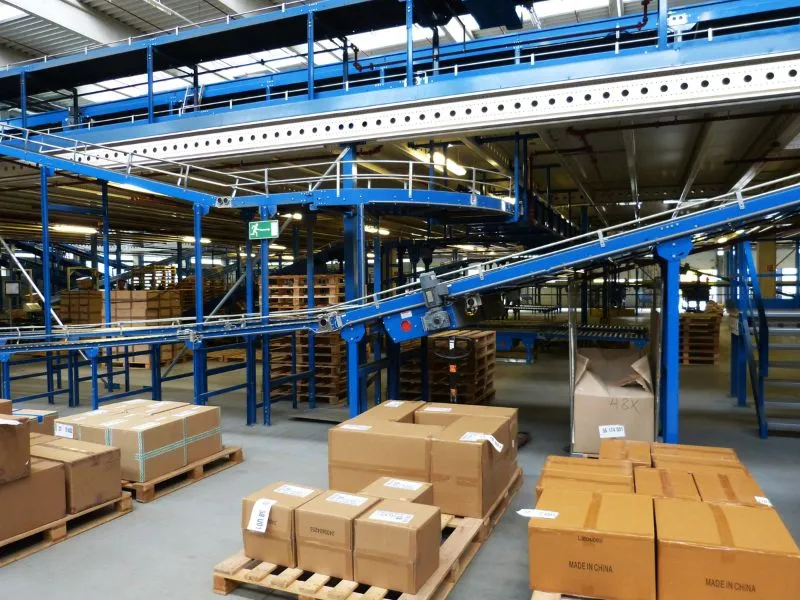Why it makes sense to outsource logistics for e-commerce?
Table of Contents
Core competence.
Each and every company exists, but first of all wins the market because of its unique features. You may call it the core competence of the company, something what is specific for the company or what is common but she can do better than others.
The core competence is a sensitive thing, you need to take a good care of it and keep it for yourselves. It is important (even critical) for a market success, but not all elements of the company business model directly contribute to its’ core competence. There are functions which still must be performed, but are common for all companies and it is enough if they are performed on a decent average level. The good example is the accountancy and logistics.
The rules and procedures for those common operations are well known to everybody, so it is difficult to build company competence on it. You may even say they are public (e.g. accountancy is regulated by public rules). Though such common functions could be easily moved to anybody to perform, if wanted or needed. For such common functions important is not how to operate it at all, or even with decent quality of the operations (everybody knows how to do it), but to make it costs efficient. And being efficient you need to be:
- Focused
- Well-equipped (right and efficient infrastructure)
- Experienced
- Big enough volume
- Cost conscious
Looking for a co-packing partner?
Check our offer and contact us.
Focus.
There cannot be more then 1, maximum 2 priorities in the company. For the retailer the focus should be customer, range, prices. It is already 3. Than how to focus on logistics at the same time? On the other hand, the 3pl partner can focus on logistics, as it is their core competence. This focus makes it a perfect combination – e-shop deals with customer and products, 3pl partner deals with logistics.
Infrastructure.
Logistics is a combination of infrastructure, special skills and experience. Get the right warehousing infrastructure is expensive, skills requires unique competence and experience means time. Does it make sense to build it yourselves? All three components require scale and focus. Small operations do not generate enough cash flow
Experience.
Infrastructure is a sine qua none, but without experience you can hardly use it in a right way. But big thing is no just to operate pieces of it (like scanners, collectors or fork lift trucks or reach trucks), but how to use it as a system.
Volume.
Most often it also requires big volumes to be cost efficient. Infrastructure is expensive. It does not make sense to buy it for a small scale, and on top of that the infrastructure is not scalable (good example is IT solution – WMS system) which costs as much as it does.
Cost conscious.
E-commerce is a low margin business (the price comparison is easy online). On the other hand its’ logistics is challenging. Their stock is usually thin, where logistics costs are not 2-3% as in traditional sales but 1/3 of the whole margin. But not only costs are under pressure, the customer is different and more demanding. There are many small customers, very often not repetitive (what gives a chance to correct mistakes with next delivery), who are not tolerant for any mistakes. They are also very sensitive when comes to time of delivery and even more on the delivery costs. The delivery costs are may be not higher than it used to be, but for the first time it is revealed and visible to the customer.
In traditional sales part of logistics is done by the customer himself, who delivers goods home at his costs, most often not being aware of it. The sales fluctuations are usually bigger than in traditional sales, promotions, once successful, address wider group of customers. The result is that logistics costs savings becomes a must. Than how to combine high expectations towards logistics with very little space for costs? You need to find a suitable and experiences, well equipped 3pl partner with skilled workers.
What all of this means to logistics?
It is of course possible that company own in-house logistics can meet all 6 constrains and many companies do it. But it is rather a solution for very small (but usually at a cost of other activities) or rather very large retailers (large enough to handle seasonality an promo peaks). There is a gap for mid-size companies. They are too small to arrange professional warehousing (what has very high ratio of fixed costs) and enjoy scale advantages. On the other hand they are too big to do it at home with a help of 1-2 co-workers.
Edyta Pogorzelska
Call us
Write a message

